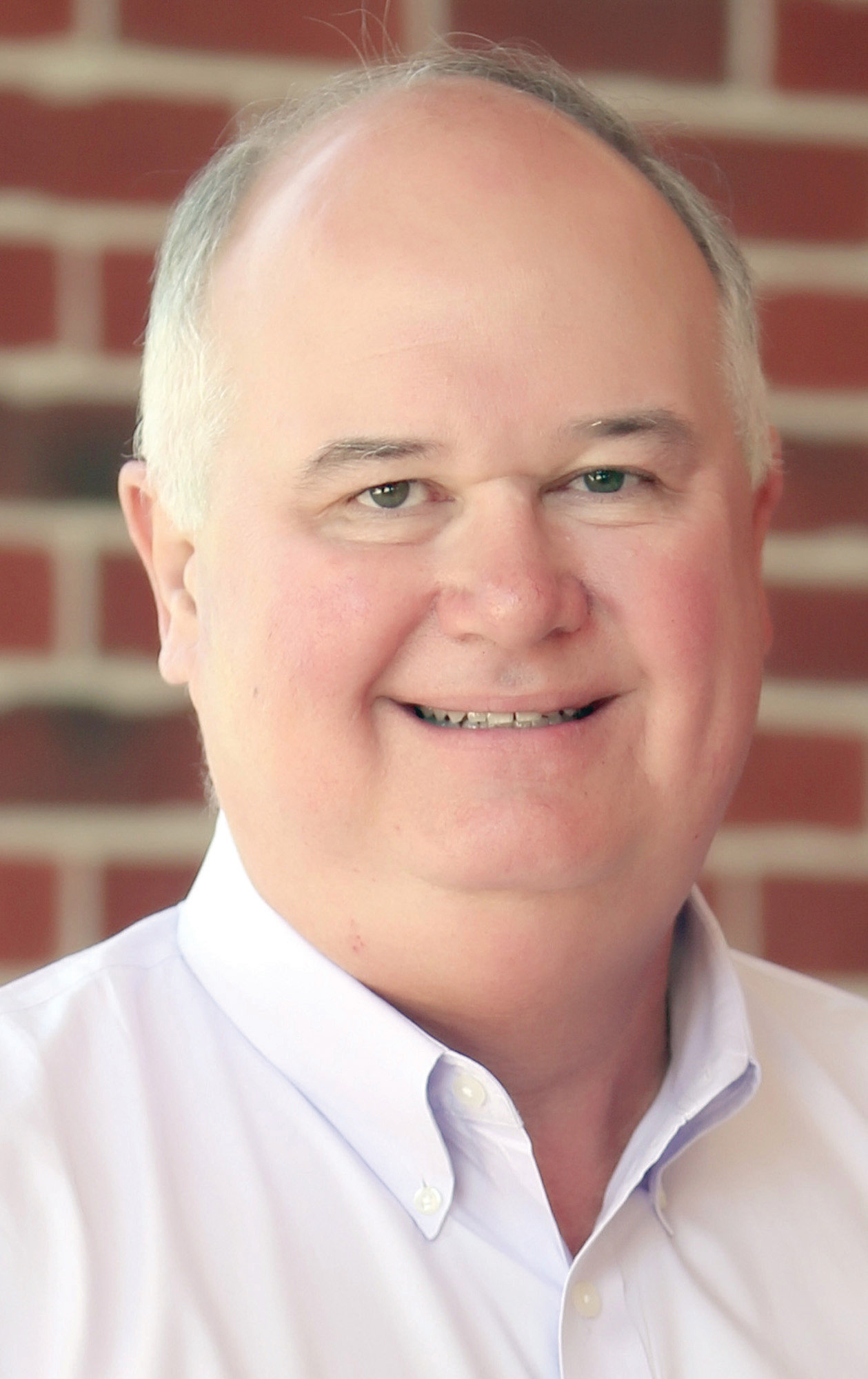The Rev. Dr. Clay Smith: Fighting prejudice ...
Religion contributor
I pumped gas into my truck, hung up the nozzle and climbed back in. Before I could shut the door, a young African-American male came up and asked me how I was. It was a little strange; people wave and nod at the gas station but do not make conversation. He asked me about my dog, what breed he was and how old he was. Then the young man saw the empty feed bags in the back of my truck, and he assumed I was a farmer (well, sort of). He told me about his grandmother's farm, how he loved to go there and about her dogs. All this was interesting, but I had somewhere to be in 25 minutes, and I had to go home and change clothes.
Then he hit me up. He was a painter, he said. He had come to my town to work for a man, and that man did not pay him. He had no money and was living on the street. Did I have any money to help him? Even a dollar or two, he said, would help him get a place for the night. He would even work for the money.
If you do what I do, for as long as I have done it, you have heard lots of requests for help. I have had people show up at my house at one in the morning, telling me they have run out of gas. Sometimes, they have. Sometimes, they ask for gas money with their car running in my driveway. People asked me for money for food. I offered to take them to a restaurant and get them a meal. They turned me down. In reality, they were thirsty and needed a drink. Everyone, I suppose, has a tale of meeting someone who needs help, and they were taken advantage of.
I know we must be wise about helping people. Still, Jesus told his followers to help the poor and needy. My job is not to qualify people for help; my job is do what I can.
After the young man asked for money, there was a pregnant pause. No matter how many times you have done it, it takes courage to ask for help. I knew down in my wallet a $20 bill was nesting among the $1 bills. I dug out my wallet, sorted through the bills, found the $20 and gave it to him. He told me how much he appreciated it, how much it meant to him. Then he walked off.
I cranked my truck and began to drive off. I needed to make a call, so I reached for my phone. It was not in the cupholder. Checked my pockets. Not there. I checked again. Still no phone.
Then this thought came to me, unbidden, from some dark corner of my soul: "The black guy took it." In a nano-second, I was mad. "Try to help someone, and this is what happens," I thought. I was about to wheel my truck in the direction I saw him headed, when a small voice in my soul said, "Look again."
I put my truck in park, got out and saw my phone. It was wedged between the seat and the console. I was relieved. Then I felt ashamed.
There was no way the young man could have stolen my phone. His hands were never in my truck. He never threatened me. He was as courteous as a person can be when they ask for help. I had profiled him and assumed he was the perpetrator of a crime. There was no crime, just carelessness on my part.
I realize now that small voice in my soul telling me to look again belonged to God. The shame I felt for thinking a man committed a crime when there was no crime was from God, too. Old prejudices from childhood, from growing up in the South, from past hurts took control of how I saw a fellow human being. I had judged him because of the color of his skin and because he asked for help.
In my seminary ethics class, I was taught by the great Henlee Barnette. He was an early advocate for civil rights, which in his day was a dangerous position for a white Baptist seminary professor. I took his class when he was in his 70s, when he could reasonably point to rightness of his early positions. But I never forget his humility when he told our class that he had finally accepted he would harbor prejudice in his soul until he reached heaven. I remember my shock when he said it. Here was this champion of civil rights admitting there were times he still struggled. Dr. Barnette looked at us with his piercing eyes under bushy eyebrows and said, "But ladies and gentlemen, I must still fight. I must fight until I can love all men as Jesus loves them."
I must fight, too, Dr. Barnette. Sometimes to love like Jesus means you must fight the darkness in your own soul.
The Rev. Dr. Clay Smith is the lead pastor of Alice Drive Bapist Church in Sumter. Email him at claysmith@adbc.org.
More Articles to Read

